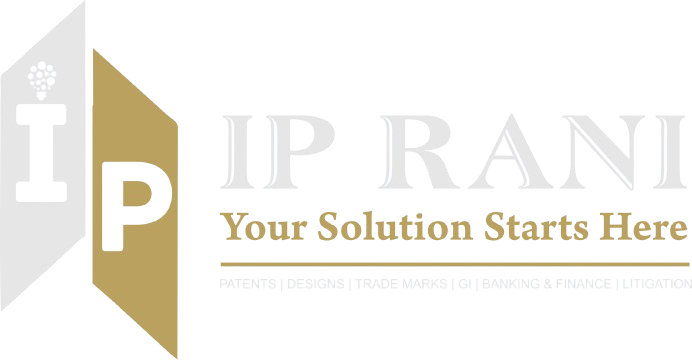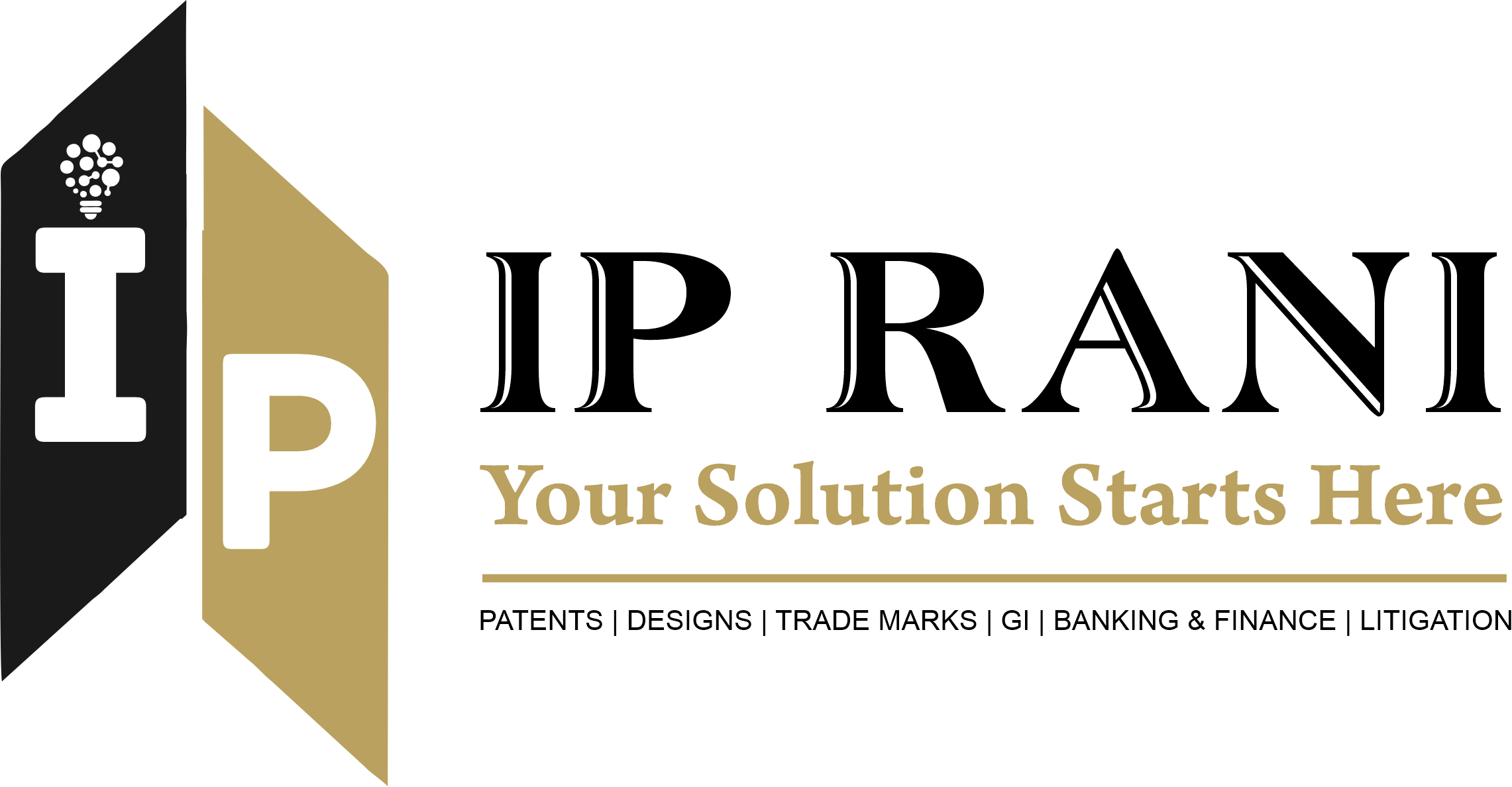What is a Copyright Objection?
A copyright objection typically arises when an application for copyright registration is challenged, or when there is a dispute over the use of copyrighted material. Objections can come from various parties, including copyright holders, third parties, or regulatory authorities, who may believe that the application or usage infringes on existing rights or does not meet the necessary legal criteria for protection.
How to File a Copyright Objection Reply
1. Review the Objection Notice:
- Carefully read and understand the grounds of the objection. Note any specific points raised and deadlines for your response.
2. Gather Evidence:
- Collect all relevant documents and evidence to support your case. This may include proof of originality, prior usage, agreements, or licenses.
3. Draft a Response:
- Prepare a detailed reply addressing each point raised in the objection. Your reply should be clear, concise, and supported by evidence.
- Structure your response logically, starting with an introduction, followed by a detailed rebuttal of each objection point, and ending with a conclusion.
4. Legal and Technical Justifications:
- Provide legal arguments and technical justifications that support your position. Refer to relevant laws, precedents, and regulations.
5. Submit the Reply:
- File the response with the appropriate authority within the stipulated time frame. Ensure all required documents and evidence are included.
6. Follow-Up:
- Keep track of the process and be prepared to provide additional information or attend hearings if required.
Importance of Filing a Copyright Objection Reply
1. Protecting Your Rights:
- Filing a timely and well-prepared reply helps protect your intellectual property rights and prevents wrongful denial or revocation of copyright.
2. Avoiding Legal Consequences:
- Failure to respond adequately can result in loss of rights, financial penalties, or other legal consequences.
3. Clarifying Misunderstandings:
- A well-crafted reply can clarify any misunderstandings or misconceptions about your work, ensuring that the facts are correctly presented.
4. Strengthening Your Position:
- Addressing objections thoroughly strengthens your legal position and can deter future challenges.
Why Professionals Are Important for Copyright Objection Replies
1. Expertise in Copyright Law:
- Professionals, such as copyright attorneys or agents, have specialized knowledge of copyright law and can navigate complex legal issues effectively.
2. Strategic Response:
- They can develop a strategic response that addresses the objection comprehensively and persuasively.
3. Evidence Gathering:
- Professionals can assist in identifying and gathering the necessary evidence to support your reply.
4. Legal Writing Skills:
- Crafting a clear, concise, and legally sound reply requires expertise in legal writing, which professionals possess.
5. Procedural Compliance:
- Ensuring all procedural requirements and deadlines are met is crucial. Professionals manage these aspects efficiently, reducing the risk of procedural errors.
6. Representation in Hearings:
- If a hearing is required, having a professional represent you can significantly enhance your chances of success.
7. Negotiation Skills:
Professionals can negotiate with the objecting party to potentially reach a settlement or agreement without prolonged litigation.
Conclusion
- Filing a copyright objection reply is crucial for protecting your intellectual property rights and avoiding legal consequences. The process involves reviewing the objection, gathering evidence, drafting a detailed and legally sound response, and following procedural requirements. Engaging a professional is highly recommended due to their expertise in copyright law, strategic thinking, legal writing skills, and ability to manage procedural compliance. This enhances the likelihood of a favorable outcome in addressing copyright objections.
We provide diverse services in the copyright field including:
- Copyright Searches
- Copyright Applications
- Copyright Prosecution
- Copyright Registration
- Response to Office Action
- Copyright Hearings
- Portfolio Management
- Assignment Recordals
- Licensing and Recordals
- Due Diligence
- Copyright Cancellation Actions

